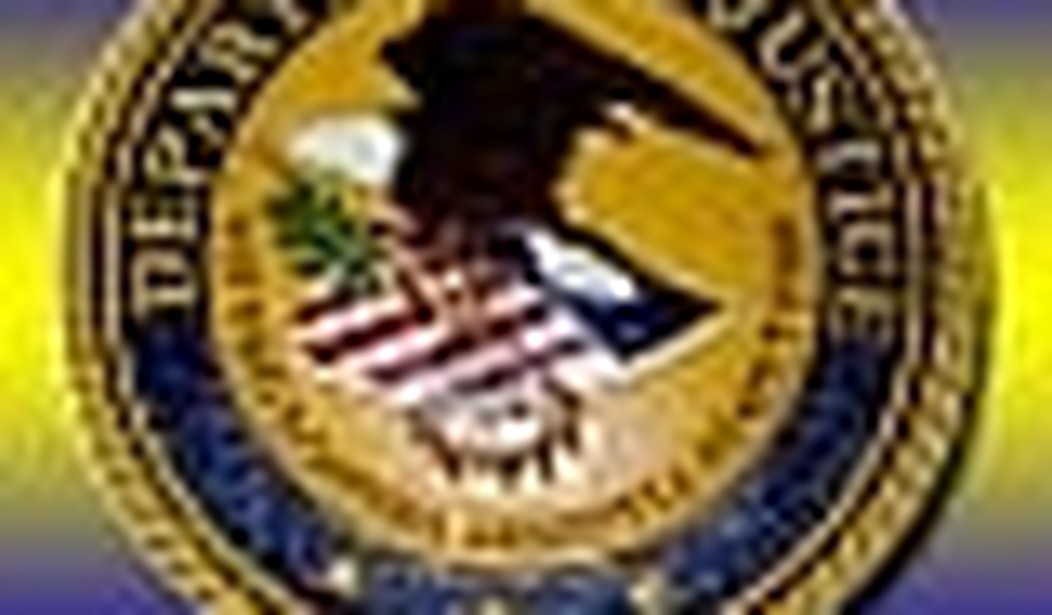It’s another courtroom victory for the terror victims — this one against the U.S. Department of Justice (DOJ) and the Holy Land Foundation (HLF). On April 27th, a district court in Dallas handed down a historic court decision with truly far-reaching implications. The court in Texas has found that the terror victims’ right to collect on their judgments against the terrorist groups, their front-charity organizations, and the outlaw regimes overrides the government’s right to confiscate the terrorists’ assets.
On September 4, 1997, three Hamas suicide bombers detonated themselves in the crowded Ben Yehuda pedestrian mall in downtown Jerusalem. The terror attack left five dead and 181 wounded. One of the murdered and many of those who had been seriously injured were U.S. citizens unlucky enough to be on Ben Yehuda Street when Hamas targeted this popular tourist locale. The families of the victims, represented by attorneys David Strachman and Nitsana Darshan-Leitner, filed a lawsuit in 2002 against both the government of Iran and against Hamas in federal court in Washington, D.C. Two years later, after Hamas refused to defend itself in the civil action, a judgment was entered against the Islamic terrorist group on behalf of the families in the amount of $214.5 million.
That same year, the DOJ filed an indictment against a Texas based Palestinian charity, the now infamous HLF. The U.S. alleged that the HLF was the financial arm of Hamas in America. In addition to charging its leaders with material support for terrorism and money laundering, all of the HLF’s bank accounts were frozen by the DOJ. The HLF had bank accounts in New York, New Jersey, South Carolina, Illinois, and Washington and the victims’ families immediately filed execution proceedings in all these places to satisfy, in part, their judgment against Hamas.
The DOJ, however, was not going to simply allow the victims’ families to receive their compensation. The government filed a restraining order to block the families from collecting the funds against their judgment. The U.S. attorneys argued that once the DOJ had filed its indictment against the Palestinian charity, the HLF’s assets had been forfeited to the government under the criminal forfeiture statute and the families were out of luck.
However, the victims’ families already had some previous experience opposing government agencies that sought to obstruct them from collecting against suspected terrorist assets. For years the White House and the State Department had been blocking the efforts of terror victims to satisfy their judgments against the frozen assets and diplomatic property of designated terror sponsoring regimes such as Iran, Iraq, and Cuba under the guise that it would harm “national security.” In 2000, Congress began to consider whether terror victims who receive judgments from American courts should then be obstructed by government agencies and/or elected officials in collecting against the terrorists’ funds. In 2002, the Congress passed the Terrorism Risk Insurance Act (TRIA), which provides, in part, that:
Notwithstanding any other provision of law, … in every case in which a person has obtained a judgment against a terrorist party… the blocked assets of a terrorist party (including the blocked assets of any agency or instrumentality of that terrorist party) shall be subject to execution or attachment in aid of execution in order to satisfy such judgment ….
As such, the victims’ families countered that the newly legislated TRIA trumps the criminal forfeiture statute (as well as every other “provision of law”) and the terror victims’ rights overrides the DOJ’s.
No one had ever challenged the DOJ’s efforts under the criminal forfeiture statute using TRIA before and this case of first impression was brought before the Dallas district court. After a long litigation battle the court declared, in its precedent decision, that the victims’ families were correct and they were entitled to the Islamic terror group’s funds. The court ruled that putting seized terrorist assets into the hands of the terror victims truly furthers the congressional intent of the criminal forfeiture statute and of TRIA. It concluded that: “TRIA overrides any protection from execution the blocked HLF property might have due to criminal forfeiture law.”
Upon receiving the decision, Strachman commented that “the decision is a victory for terrorism victims and their dogged perseverance to take away the terror groups’ funds. Unfortunately, frequently the victims have to fight their own government when seeking to obtain justice.”
His co-counsel Darshan-Leitner added:
We are just grateful the district court clarified that TRIA was enacted to ensure that American victims, such as these families so badly injured by Hamas 15 years ago, can finally now obtain a measure of compensation from the terror group.
This interim court victory is, however, not yet the end of the line for the families and the HLF’s money. The plaintiffs are still required to prove that the HLF was an instrumentality of Hamas and its funds belonged to the Islamic terrorist group. Given that HLF’s leaders are all serving long sentences for providing material support to Hamas, this should not be too difficult to do.









Join the conversation as a VIP Member